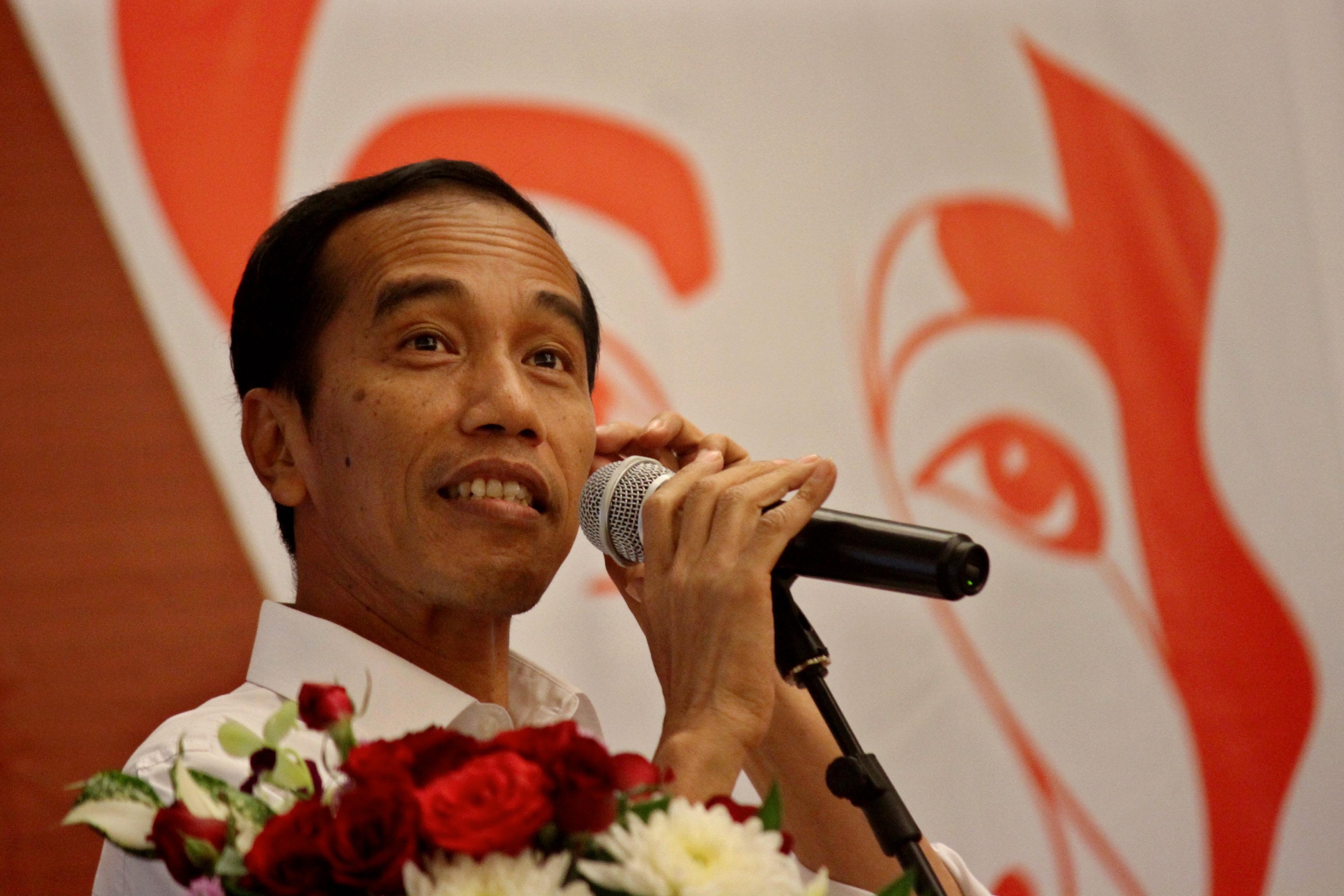Indonesian Parliament Approves Budget, Despite Widodo Protests
Bareksa • 30 Sep 2014

Presiden terpilih Joko Widodo membuka Simposium Nasional II dengan tema "Jalan Perubahan untuk Indonesia Berdaulat, Mandiri dan Berkepribadian" di Yogyakarta (ANTARA FOTO/Noveradika)
Next year's budget does not include Widodo's reform programmes nor a fuel price hike
Bareksa.com - Indonesia's parliament on Monday approved a state budget that President-elect Joko Widodo does not like but cannot change until early next year to fund his programmes.
The budget, with a deficit at 2.21 percent of gross domestic product, was proposed by the outgoing government. It passed unanimously after all the details were approved by parliament's budgetary committee late on Sunday.
Next year's budget does not include Widodo's reform programmes nor a fuel price hike, which he is expected to impose soon after taking office on Oct. 20.
Widodo can revise the 2015 budget as early as next year but his spending will be restrained as the state budget is limited to a deficit of 3 percent of GDP.
Last week, Widodo criticised much of the spending designated by the outgoing finance ministry, saying he was left with "a space too narrow" given most of the budget was set aside for mandatory spending.
Widodo wants to allot more money for social spending and education, which have not been set aside for in the 2015 budget.
In his speech to lawmakers on Monday, Finance Minister Chatib Basri said the outgoing administration and budget committee had suppressed the deficit to give more fiscal room to the next government. As a result, the approved 2015 deficit was below the 2.32 percent initially proposed in August.
"A lower deficit level anticipates new fiscal policies and ensures enough fiscal room to facilitate the transition period for the new administration," Basri said on Monday.
Around 17 percent of total expenditure for 2015 is still pegged for energy subsidies at 344.7 trillion rupiah ($28.4 billion). The figure is lower than for 2014 due to a cut in electricity subsidies.
But the 2015 budget already has 5 trillion rupiah assigned to help poor people in case of rising inflation when an expected hike in subsidised fuel prices takes effect.
The approved budget assumes Southeast Asia's largest economy will grow by 5.8 percent next year with inflation at 4.4 percent. (Source : Reuters)